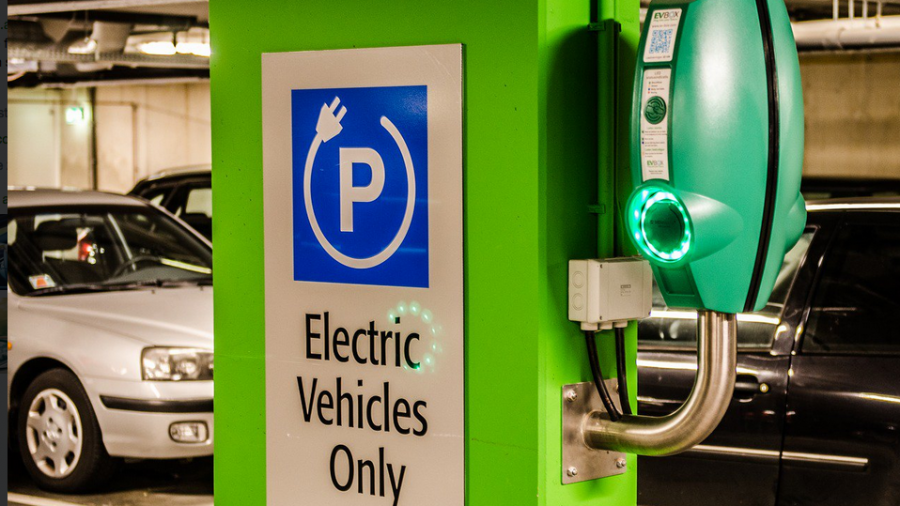In 2018-19, Australian motorists paid fuel excise tax of $19.68 billion or 40.9 cents a litre. The more fuel we buy, the more tax we pay. This means gradual uptake of electric vehicles, which don’t use fuel, will shrink fuel excise. Infrastructure Partnerships Australia (IPA) has called for a road user charge now – on EV owners.
What is fuel excise?
Fuel excise is a tax paid to the federal government on the sale of fuel. It is indexed to inflation and goes up twice a year. Since 1959, the government has not used fuel excise to directly fund roads but put it all into consolidated revenue. This means any fall in fuel excise hurts other spending, not just for roads.
The AAA claims if 55% of vehicles were EVs by 2030, over $15 billion would be lost in fuel excise. Potential loss of fuel excise is why experts consistently recommend road user charging. However, the IPA now says the best way to start road user charging is with EV owners.
Road user charging
Road user charging is where motorists pay according to how far they drive. A simple odometer reading once or twice a year at registration could be used to calculate the charge.
The reason given for starting road user charging with EV owners is unfairness to other vehicle owners who subsidise EVs by paying fuel excise. Fuel excise unfairly affects people who need their vehicles for work, cannot afford new fuel-efficient vehicles and have poor public transport. Country people also drive further than people in cities, pay more for fuel and hence, pay more fuel excise.
Even so, the IPA report describes how some governments offer incentives to buy EVs. For example, EVs in Norway are exempt from stamp duty and GST and road tolls and parking are free. Of course, EV owners don’t buy fuel either. Yet lack of fairness to other vehicle owners is not an issue in Norway.
Mixed messages about EVs
Interestingly, the ABS says we are driving further than ever, up 24% from 142 billion kms in 2000 to 176 billion kms in 2016. Even with new fuel-efficient vehicles, we are still using more fuel overall. In the year to June 2018, we used 34,170 megalitres, compared to 31,186 megalitres in 2010.
Total fuel excise revenue was projected to be $19.6 billion in 2018-19, up from $19.1billion in 2017-18. So fuel excise currently appears to be increasing, not falling.
Government and other sources say uptake of EVs could:
- Save the taxpayer thousands in health costs each year
- Create a cleaner environment for everyone
- Offer fuel security
- Stabilise the grid because they export power as well as use it.
Yet the IPA wants road user charging because it is not fair if EV owners have an advantage over other vehicle owners.
There appear to be some mixed messages in Australia about owning EVs. It could explain why uptake so far is an international low at 0.076% of vehicles. What do you think?


your opinion matters: